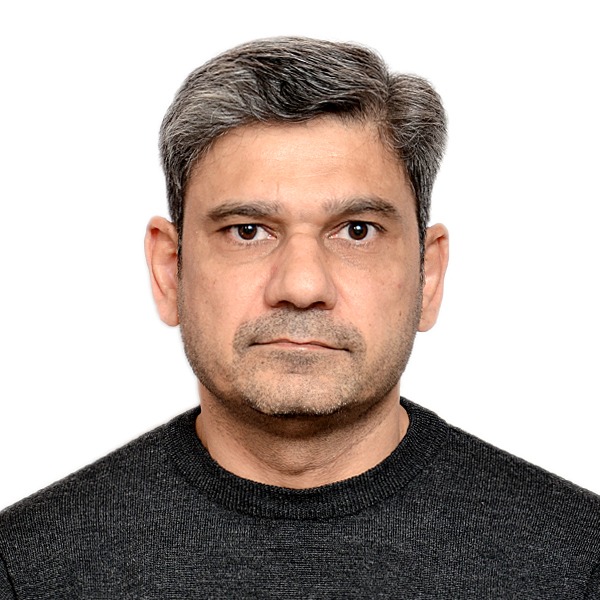About


Dr. Sanjeev Kumar Punia
Head of the Department
(Information Technology and Computer engineering)
Message from The HOD
Welcome to the Department of Information Technology at Sankalchand Patel College of Engineering. With over 25 years of academic excellence, our department has consistently strived to deliver high-quality, industry-relevant education that empowers students to thrive in the dynamic world of Information Technology.
We offer a B.Tech. program in Information Technology, B.Sc.-IT in collaboration with TCS-iON focusing on both foundational and emerging areas such as Artificial Intelligence, Data Modelling & Visualization, Mobile Ad Hoc Networks, Information Security and more. Our curriculum is thoughtfully designed to bridge the gap between academia and industry, ensuring our graduates are well-prepared to take on roles such as software engineers, project managers, system analysts, designers, and consultants.
The department emphasizes a balance between theoretical learning and practical application, encouraging students to think both abstractly and concretely. With a team of experienced and qualified faculty members, modern infrastructure, and strong affiliations with reputed organizations, we aim to cultivate technical competence, innovation, and ethical responsibility among our students. We take pride in the achievements of our graduates, who have consistently demonstrated excellence in their professional careers and contributed significantly to the organizations they serve. As we move forward, we remain committed to continuous improvement and to providing an environment where students can grow, lead, and make a difference in the IT world.
I warmly invite you to explore the vibrant learning environment of the IT Department and become a part of our journey toward shaping future-ready professionals.

About
Information Technology department has over 17 years history of academic excellence. Currently the department offers a 4 year course, B.Tech. in Information Technology with 120 intake. Software engineers, programmers, project managers, designers, consultants etc. are few of the opportunities available to our IT graduates. The Department contemplates on conveying the state of art education to its students. The Department offers undergraduate program with more emphasis on Mobile Ad Hoc Network, Information Security, Wireless Sensor Networks, Compression Methodologies and many emerging technologies. Department of Information Technology has affiliation with many good organizations and offers industry-need based education and enables the students to be industry and placement ready. Making the students think in both, abstract and concrete terms, with qualified faculty members, infrastructure and curriculum; the department has always put best efforts in producing good IT professionals. The graduates of the department have excelled in their field and served the organizations with a better record.
Vision
To become a leading department committed to help the human community through effective technical education in the field of Information Technology for social improvement and reformation.
Mission
Information Technology Department is functioning to achieve and fulfill the demand of the present time through conception, escalation, and upholding dissemination of technical knowledge in the field of Information Technology with human values. Also, we believe that through education, learning, and research we can lead the forthcoming generation of Information Technology to the highest summit of the evolutionary journey of mankind.


